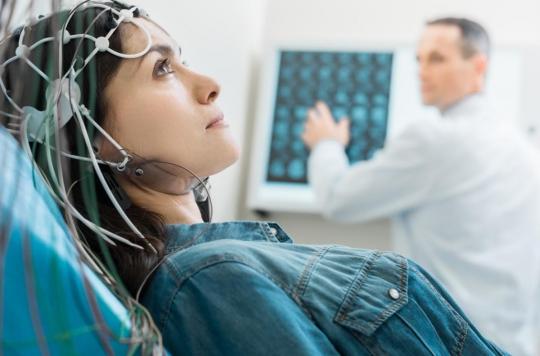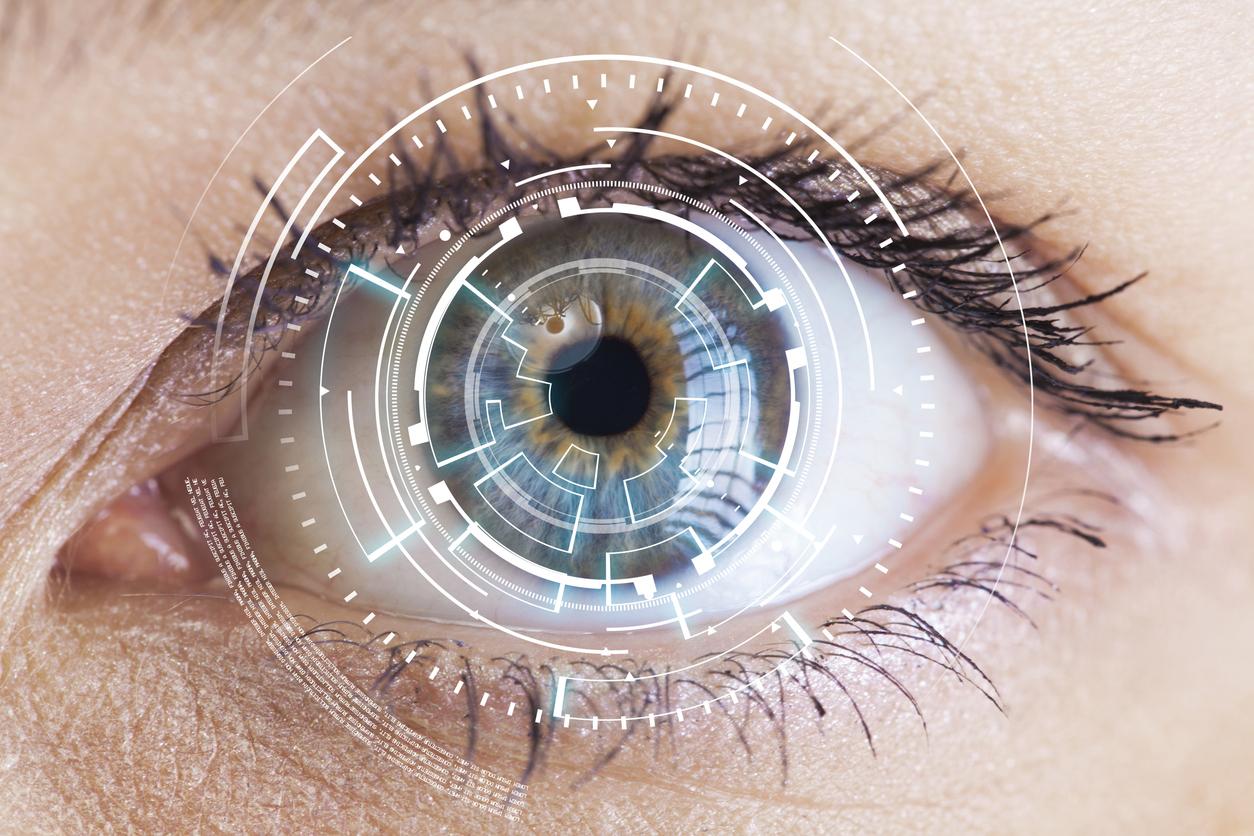Analysis of electroencephalograms has identified an area of the brain frequently affected by abnormalities in people who have contracted the virus responsible for Covid-19.

- Covid-19 can cause abnormalities in the frontal lobe of the brain related to language and motor skills
- Researchers point to risk of long-term sequelae
The new coronavirus primarily attacks lungs, but other organs can be affected by the virus. Patients have developed kidney problems, although they did not suffer from it before contracting the virus. In China, children who tested positive had gastrointestinal disorders as their only symptoms. Other people have developed neurological complications like seizures or strokes. Scientists from Bayor College of Medicine in the United States conducted a study to understand the effects of the virus on the brain.
A mere coincidence?
Their analysis was based on 84 research carried out on the electroencephalograms of patients who suffered from Covid-19. These medical examinations consist of studying the electrical activity in the brain to identify any abnormalities. The researchers gathered all the data to study the commonalities between the different cases. In total, a third of the patients had an abnormality in the frontal lobe area, related to language and motor coordination. “We found that more than 600 patients were affected in this way, says Dr. Zulfi Haneef, assistant professor of neurology and neurophysiology at Baylor College of Medicine. At first, when we saw this in small groups, we weren’t sure if it was just a coincidence.” Today, their results prove that there is indeed a link between Covid-19 and these brain abnormalities.
Further analysis is needed
For the moment, scientists cannot say why this area of the brain is affected. However, they have a hypothesis:we know the most common entry point for the virus is the nose, so there’s a possible connection, as it’s the part of the brain that’s right next to it.” The links between coronavirus and the brain still raise many questions for the scientific community. For example, researchers don’t know if the brain abnormalities are caused directly by the virus or are related to the lack of oxygen associated with Covid-19 or the heart problems it causes. “These findings show us that it is necessary to do electroencephalograms on a larger sample of patients, and other types of brain imaging, such as MRIs or CT scans, to get a better view of the frontal lobe.”says Dr. Zulfi Haneef.
Irreversible damage
In this period of second wave in France and Europe, the researcher insists on the need to take the virus seriously. “Many people think they’ll get sick, get better, and everything will go back to how it was, he addsbut these results show us that there may be long-term consequences.” He recalls that the brain cannot regenerate, which means that if this organ is damaged, it is possible to have lifelong sequelae.

.















